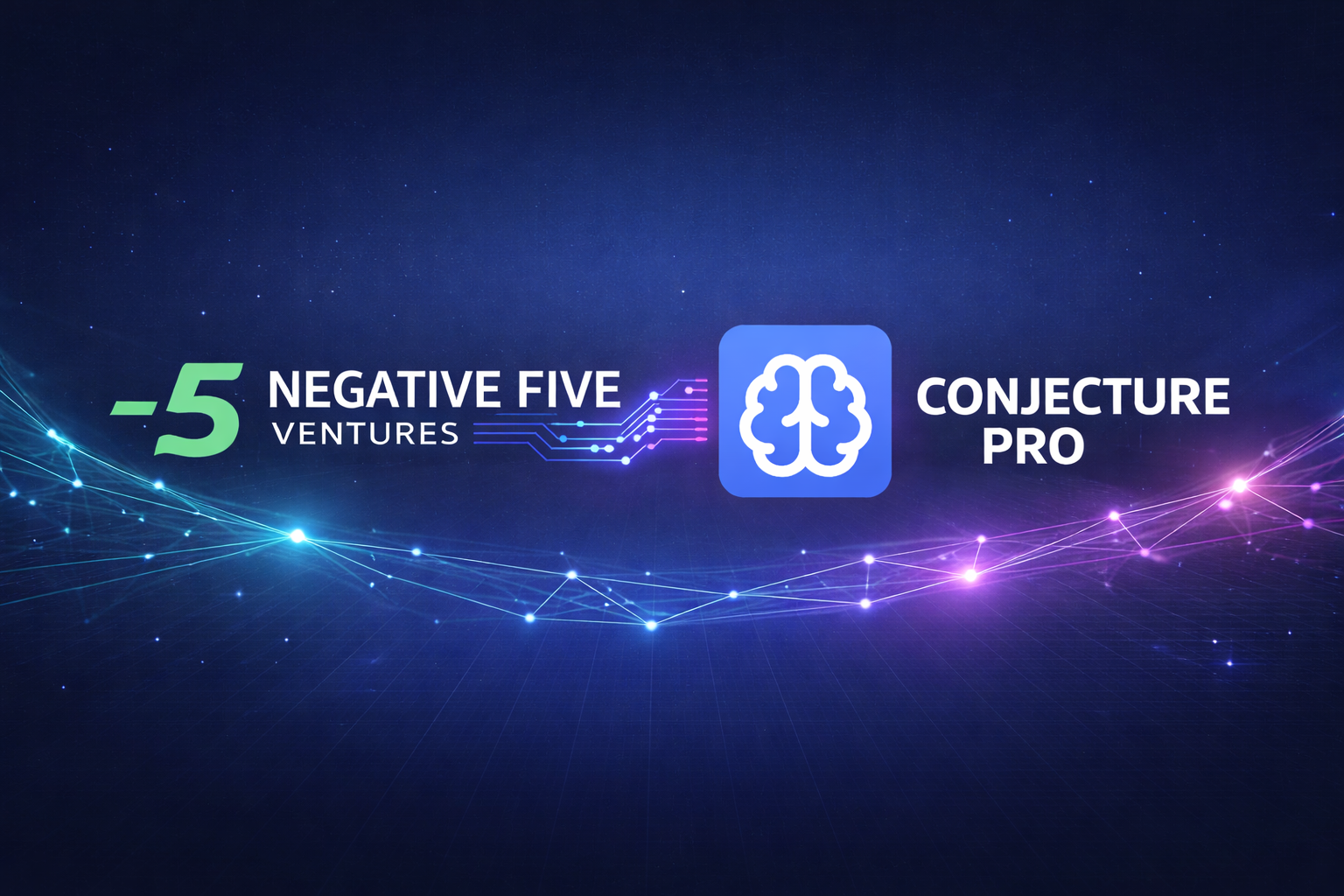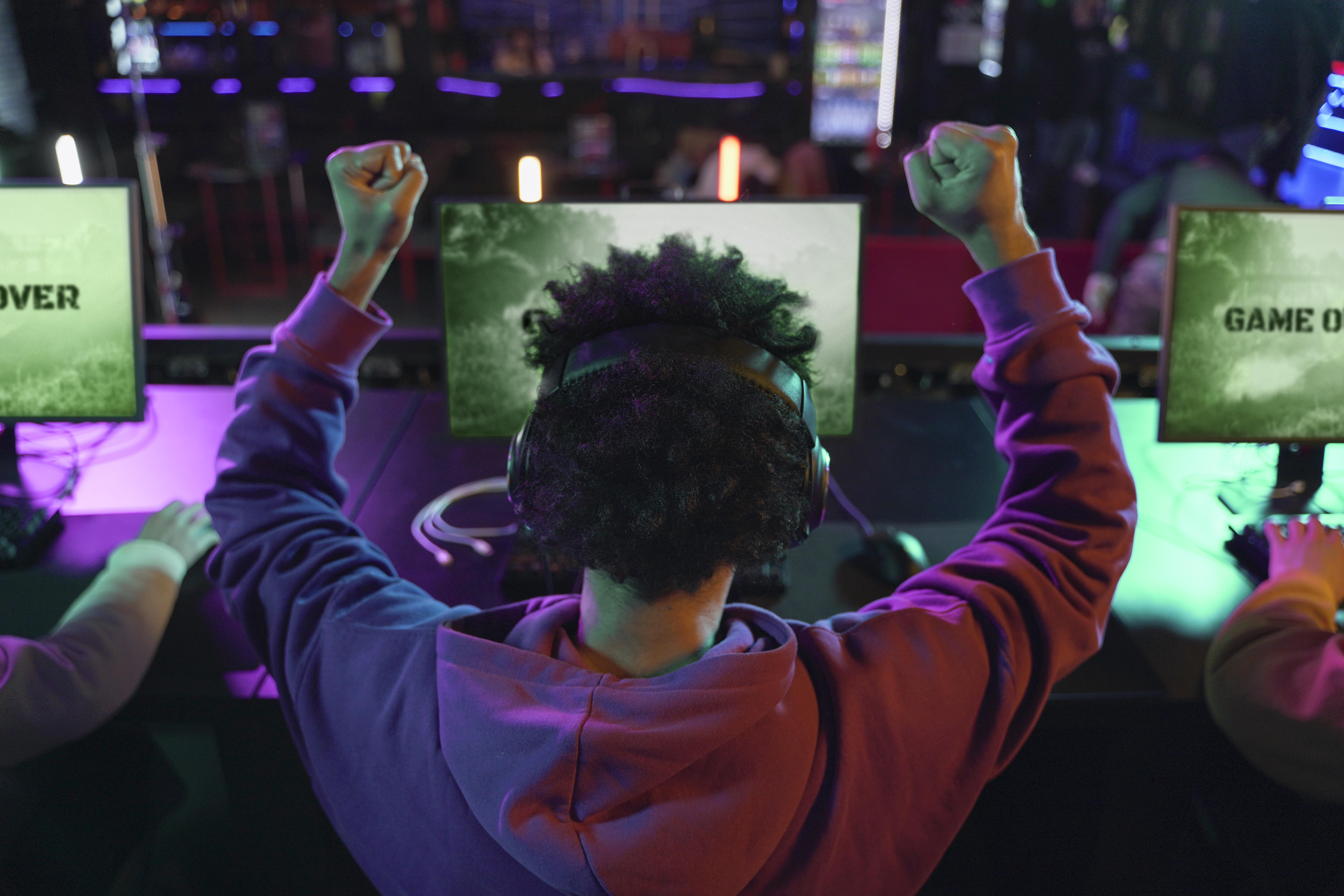
Integrating Blockchain for Secure Player Data Management
Introduction
The gaming sector has transformed greatly in recent decades. It has moved from basic pixelated games to sophisticated, immersive experiences. With this advancement, the oversight and protection of player information have become essential. Conventional centralized systems have demonstrated weaknesses, resulting in data breaches and erosion of player trust. Blockchain technology, due to its decentralized and unchangeable characteristics, presents promising answers to these issues. This analysis examines how blockchain can improve the protection of player information and financial transactions in gaming.
1. Blockchain’s Role in Gaming
Blockchain technology offers a distributed ledger that logs transactions across various computers. This method guarantees that records cannot be changed after the fact without modifying all following blocks and the agreement of the network. In the gaming world, this means safe and clear transactions, confirmed ownership of in-game items, and safeguards against fraud. Moreover, blockchain can help in the development of decentralized applications (dApps), allowing developers to create games that run independently without a central entity.

2. Enhancing Transaction Security
A major issue in online gaming is the safety of transactions occurring within the game. Gamers frequently acquire virtual items or currency, and it is essential for these transactions to be safeguarded to avoid fraud. The unchangeable ledger of blockchain guarantees that after a transaction is logged, it cannot be modified, offering a significant degree of security. Moreover, utilizing smart contracts can automate and uphold the conditions of transactions, lowering the likelihood of human mistakes or harmful actions.
3. Verifiable Ownership of In-Game Assets
In conventional gaming systems, gamers can buy in-game items, yet they do not genuinely own them. These items are linked to the player’s account on the server. If the server gets turned off or the account gets suspended, the player can no longer access these items. Blockchain brings forth the idea of non-fungible tokens (NFTs), which are capable of identifying distinct in-game items. As the blockchain keeps the NFTs, players possess verifiable ownership of their items, separate from the game’s servers.
4. Protecting Player Data
Information about players, encompassing personal details and gameplay metrics, is important and frequently sought after by malicious individuals. Blockchain can improve data security by distributing data storage and minimizing the risk of single points of failure. Furthermore, blockchain’s cryptographic methods guarantee that data is secured and can only be accessed by permitted individuals.
5. Addressing Security Vulnerabilities
Although blockchain provides improved security, it is still susceptible to weaknesses. A research investigation examining more than 600 commercial blockchain games found possible security vulnerabilities in web servers and smart contracts. One might utilize these weaknesses to breach player information or interfere with gameplay. Thus, it is essential for developers to establish strong security protocols, perform frequent audits, and remain informed about the most current security practices.
6. Implementing Secure Multiplayer Environments
Massively multiplayer online games (MMOs) feature intricate interactions among many players. Incorporating blockchain can improve the safety of these interactions by guaranteeing that player activities are logged transparently and cannot be altered. This safeguards player information while also guaranteeing fair play, since every action can be validated on the blockchain.
7. Leveraging Blockchain for Fairness and Transparency
The transparency of blockchain guarantees that every transaction and action is documented on a public ledger, available to all participants. This openness promotes trust among participants, enabling them to confirm the fairness of game mechanics and transactions. Moreover, blockchain can enable verifiably fair systems, allowing players to independently confirm the fairness of game results, like in online gambling or random number generation.
8. Challenges and Considerations
Even with its benefits, incorporating blockchain into gaming presents difficulties. The scalability of blockchain networks can be an issue, as large transaction volumes might cause delays or higher costs. Moreover, the ecological effects of blockchain, especially proof-of-work models, have been a subject of discussion. Additionally, the intricacy of blockchain technology might create an obstacle for developers and users who are not acquainted with the system.
9. Future Directions
The outlook for blockchain in gaming appears bright. Improvements in blockchain scalability, including the creation of layer-2 solutions and more energy-efficient consensus methods, are tackling existing constraints. Moreover, the increasing use of NFTs and decentralized finance (DeFi) applications in gaming suggests a transition toward more player-focused models. As these technologies develop, we can anticipate safer, clearer, and player-controlled gaming experiences.
Conclusion
Blockchain technology holds transformative possibilities for the gaming sector, delivering improved security for player information and transactions. Through decentralizing data storage, guaranteeing verifiable ownership of in-game assets, and promoting transparency, blockchain technology can tackle numerous existing issues encountered by the gaming sector. Nonetheless, effective integration necessitates thorough attention to security weaknesses, scalability challenges, and environmental effects. Through ongoing research and development, blockchain could transform the gaming industry, providing players with enhanced control, security, and trust in their digital interactions.


